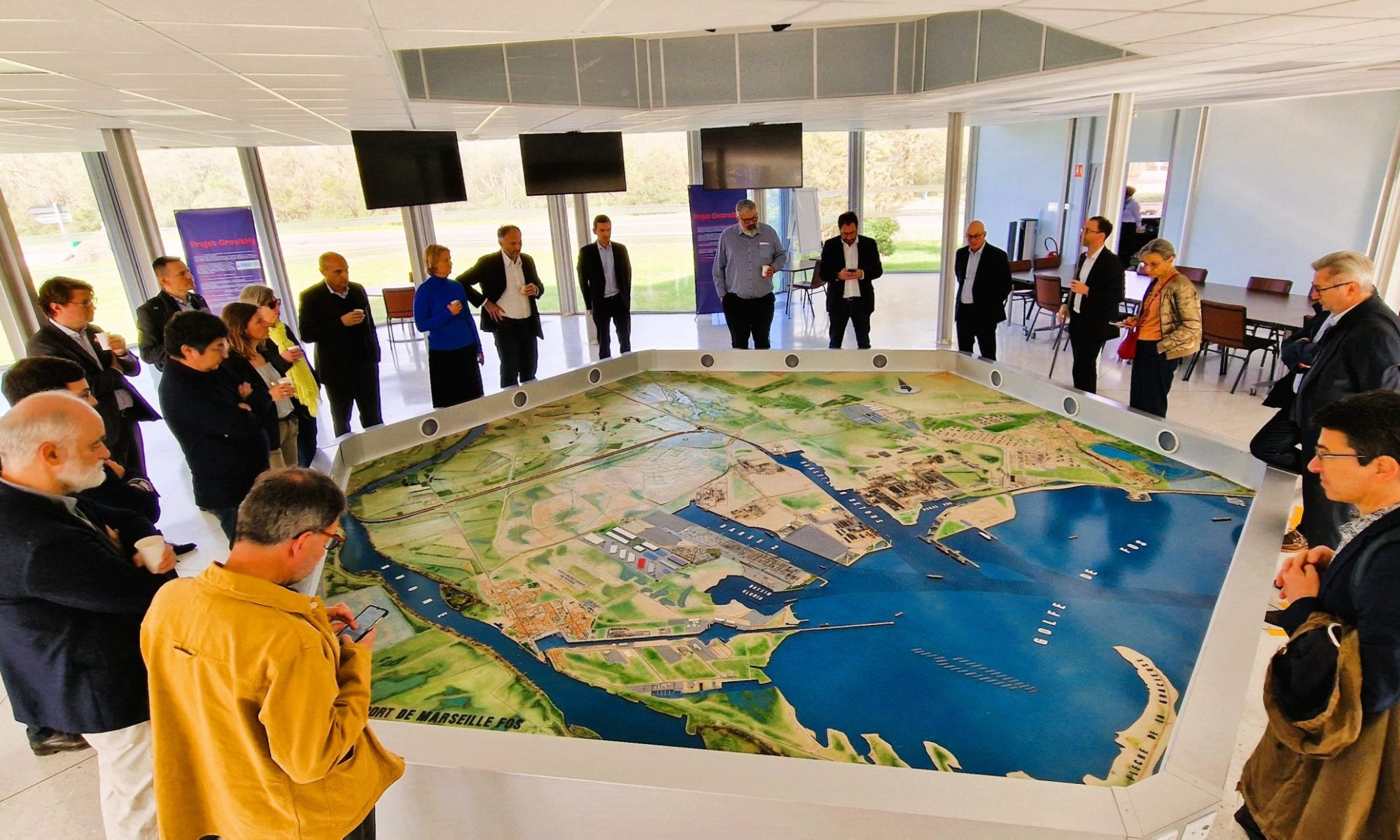Metropolises and health
In the era of so-called “global” health, metropolises hold many advantages when it comes to developing health policies.
Continuer la lecture
The European Benchmark of Local Public Services
In the era of so-called “global” health, metropolises hold many advantages when it comes to developing health policies.
Continuer la lectureThree challenges for the future of metropolises, responses in the form of action programmes.
Continuer la lectureHow Bologna, a heritage city committed to the challenges of the 21st century, is building its future as a green city and a city of knowledge.
Continue READINGPersonalized adaptation of working time is gaining ground in communities; still modest, the experiments are rather positive.
The decarbonization of the economy is at stake in metropolises, in close cooperation between public authorities, industry and research & development.
Continuer la lectureFor many reasons, dysfunctions, vulnerabilities and the necessary agri-food system transition are challenges also to metropolises.
Beyond more or less controlled uses of ChatGPT, the AI interrogates the organization and management of services, and must encourage vigilance on the well-being at work and engagement of the employees.
Continue readingHow the Swedish institutional system, that of Stockholm in particular, faces the urban, social and climatic challenges common to all European metropolises.
Continue READINGPorts, canals, factories… adapting infrastructures to new contemporary challenges.
Many unknown biases affect our behaviors, and hence our management style.
Continue readingThe city of tomorrow is a city adapted to the youth of today. This raises the issue of our local authorities’ relationship to youth. It is also the city that will be able to respond to the ecological challenge: how to better understand the issues and contradictory injunctions? What concrete solutions for our local authorities?
Continuer la lectureThanks to the mobilization of many personalities, the participants in the BEST study seminar in Berlin benefited from a very rich programme, combining historical perspective, field visits, contemporary issues and project dynamics.
Continuer la lectureThere is an urgent need to organize the ecological transition. If the time has come for national prospective scenarios, the metropolises have a major role to play in this undertaking and are doing their utmost to do so, in particular to adapt their own mode of operation or to bring about behavioural changes.
Keep reading